Seeing through the symptoms
We combine the best clinical acumen with the latest technology to uncover the root cause of observed symptoms and behavior.

Undue worries1
Worrying about school, home, social and personal life and other day to day things.

Social awkwardness
Feeling uneasy in unfamiliar settings and around unfamiliar people.

Panic attacks
Symptoms like shortness of breath, racing heart beat, nausea and stomach upset associated with intense anxiety.

Did you know?
Anxiety can be the underlying cause when a child experiences irritability or anger, frequently complaints of physical ailments (such as stomach aches or headaches) and has difficulties with concentration or school performance.

Uncertain about the diagnosis?
OUR DIAGNOSTIC PROCESS
Understanding your unique mental health needs
Each individual is different. And so is our mental health program that supports unique needs of every member.

1
Online psychiatry assessment
Take a comprehensive and interactive assessment of your child’s psychiatric symptoms and share relevant medical and family history.
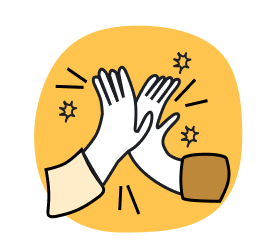
2
Psychiatric evaluation
Receive a comprehensive evaluation of your child’s emotional, cognitive, and behavioral functioning conducted by a board-certified provider.
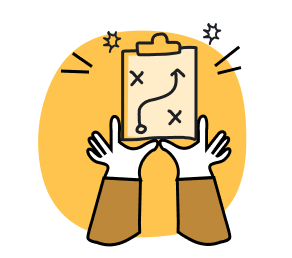
3
Treatment planning
Actively collaborate with your child’s provider to develop an effective treatment plan tailored to your child’s needs and get started on your wellness journey.
We place the child and it’s family at the centre of our care experience
Self-guided care
Empower Your Child with Self-Guided care for depression, enabling them to take control of their well-being
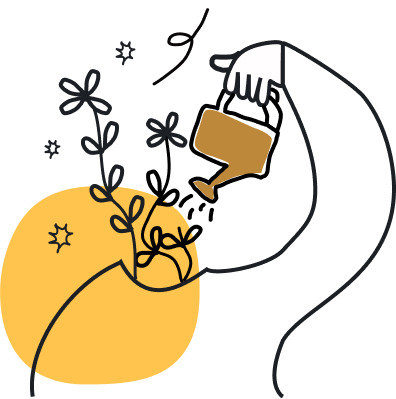
 Deep breathing exercises
Deep breathing exercises
Teaching children with anxiety disorder deep breathing techniques can help them calm their mind and body, reducing feelings of anxiety and promoting relaxation.
 Progressive muscle relaxation
Progressive muscle relaxation
Guiding children through progressive muscle relaxation exercises can help them release tension and promote a sense of physical and mental relaxation, reducing anxiety symptoms.
 Cognitive restructuring
Cognitive restructuring
Teaching children how to identify and challenge negative thoughts or irrational beliefs associated with anxiety can help them develop more positive and realistic thinking patterns.
Parents’ Guide
Facilitating your active role in your child’s incredible journey to mental well-being.
 Understanding anxiety
Understanding anxiety
Provide parents with detailed information about anxiety disorders, including symptoms, triggers, and impact on their child’s daily life, fostering recognition and empathy for their child’s experiences.
 Coping techniques
Coping techniques
Guide parents on teaching their child effective coping skills to manage anxiety, including deep breathing, mindfulness, positive self-talk, and problem-solving. Encourage parents to practice these techniques with their child and provide ongoing support in reinforcing these skills.
 Support and encouragement
Support and encouragement
Assist parents in creating a nurturing and safe environment at home that encourages open communication, promotes relaxation techniques, and supports healthy coping strategies. This includes fostering a non-judgmental atmosphere and providing reassurance to help alleviate anxiety.
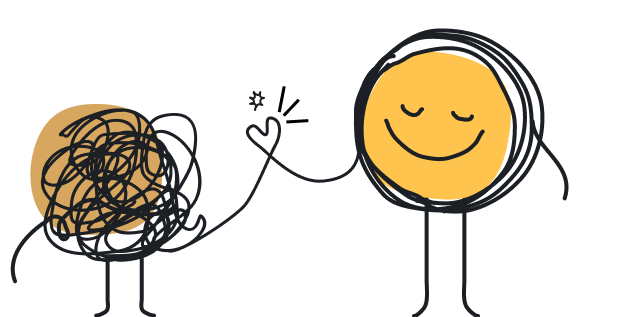
Mindweal Resources
Mental health resources just for you
Don’t have all the anwers yet?
That’s okay! As we’ve put together easy guides and helpful articles just for you.

Blog
Your guide to mental health conditions in children with ADHD
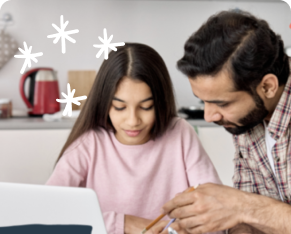
Blog
What is an advanced ADHD testing ? Exactly what to expect?

Self-Care and Healthy Habits
My child has ADHD and has gained weight. What can I do?

After-hours Crisis Care
Our emergency same-day appointments minimize after-hours crises. But, if you’re in crisis outside our working hours (Mon to Fri from 8 AM to 5 PM), call 911 or visit the nearest ER for immediate help and safety assessment.

Our psychiatric experts will help you find the right path forward for your child.





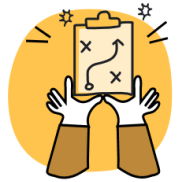


 Personalized medication management
Personalized medication management Comprehensive support strategies
Comprehensive support strategies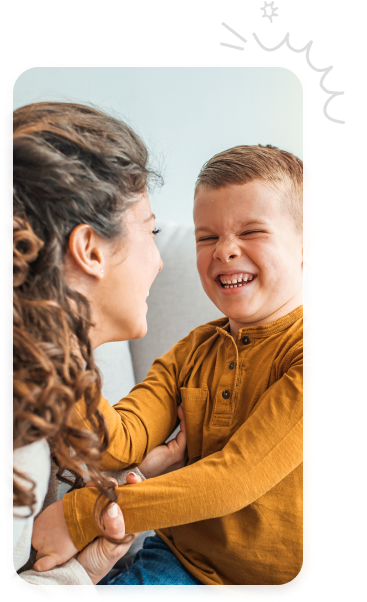
 Positive reinforcement
Positive reinforcement Science-backed
Science-backed Social skills
Social skills
 Tailored prescriptions
Tailored prescriptions Medication monitoring
Medication monitoring Effective communication
Effective communication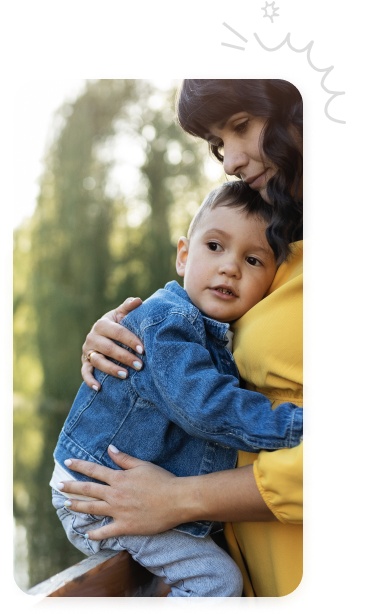
 Supportive environment
Supportive environment Self-help toolkits
Self-help toolkits Any-time guidance
Any-time guidance